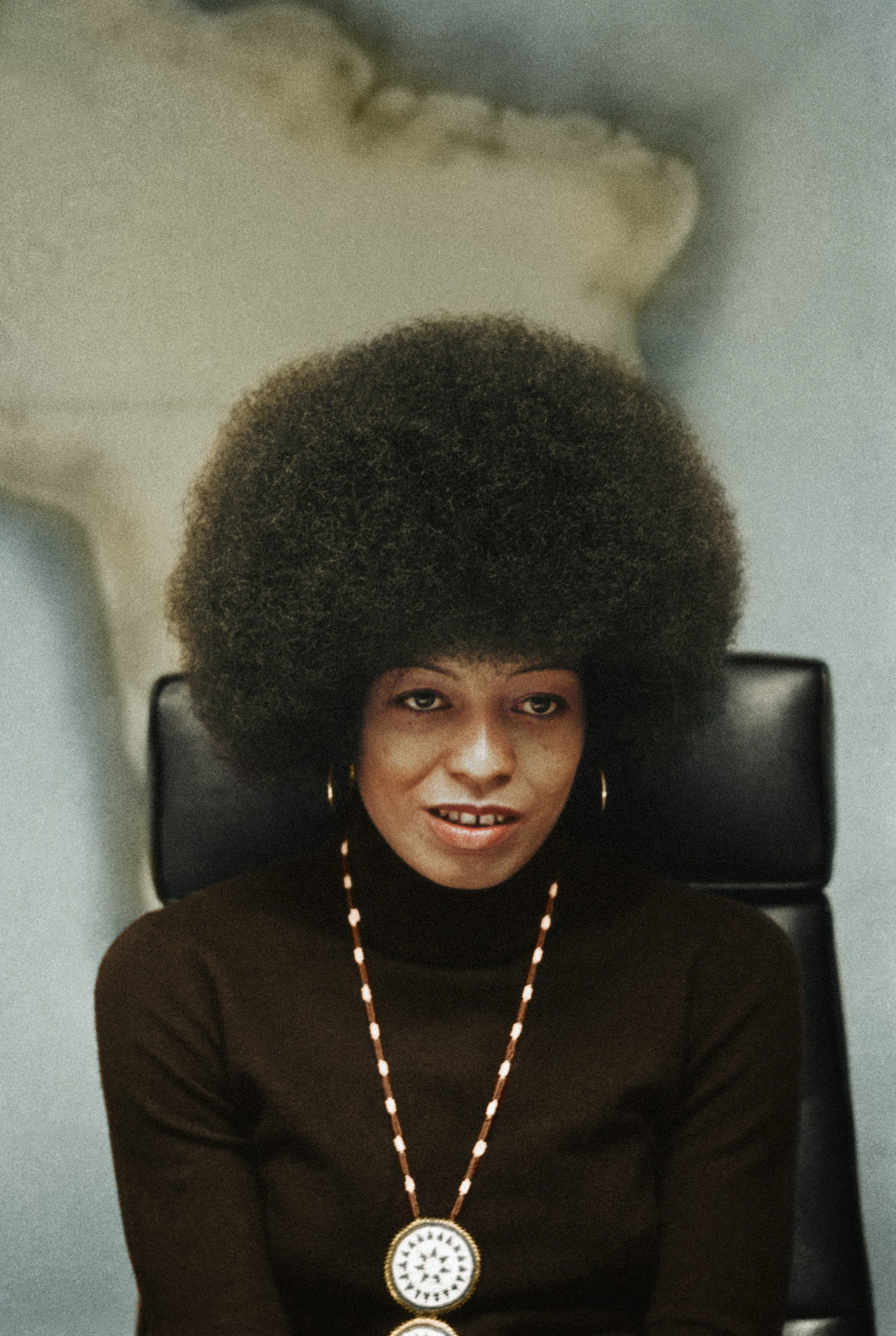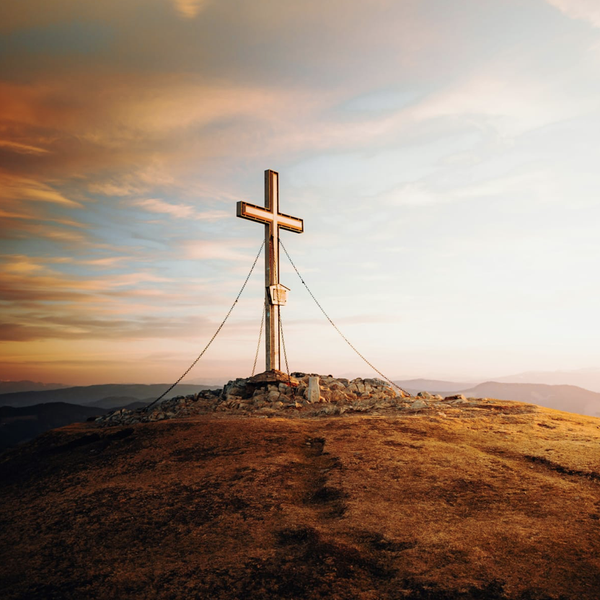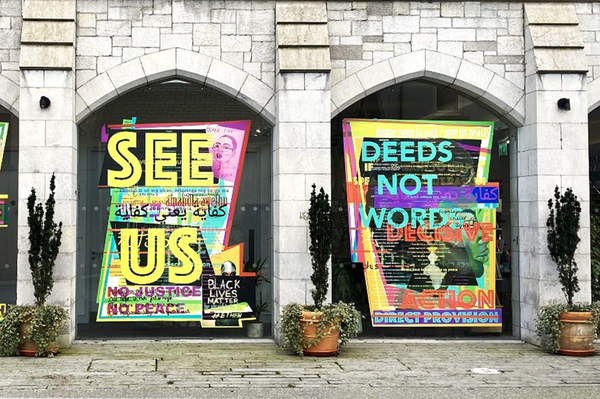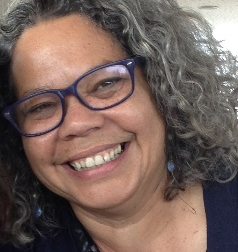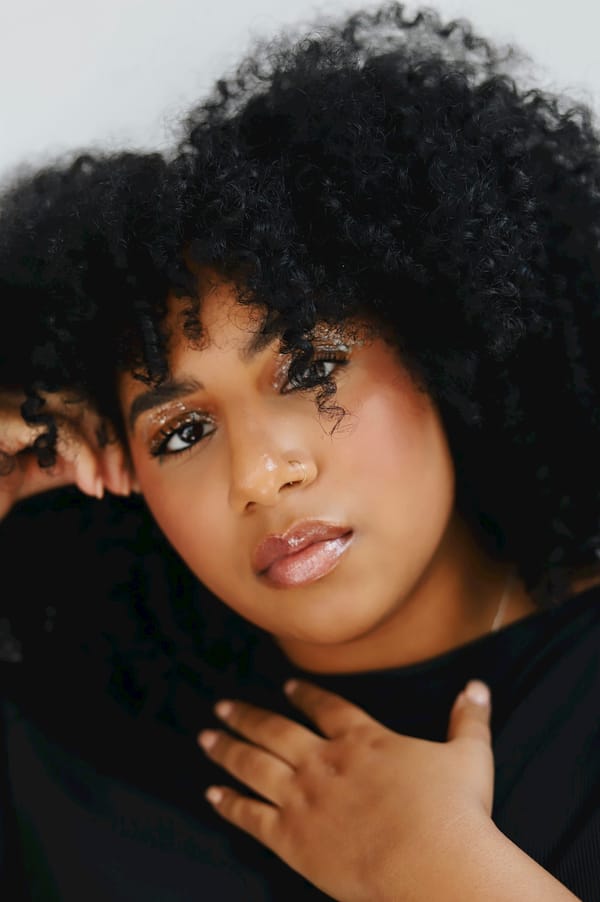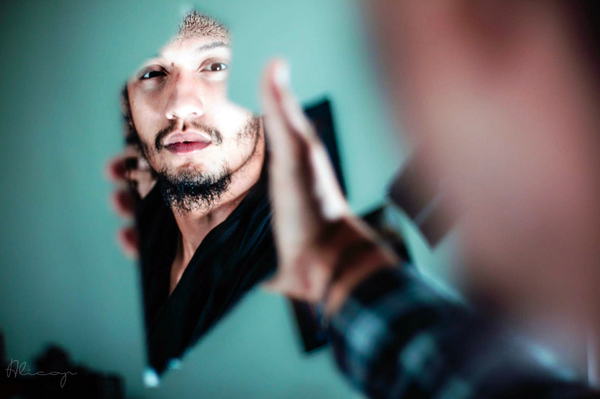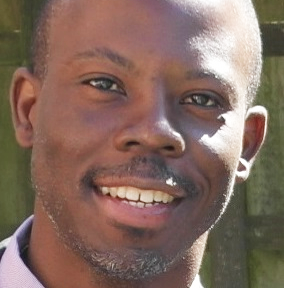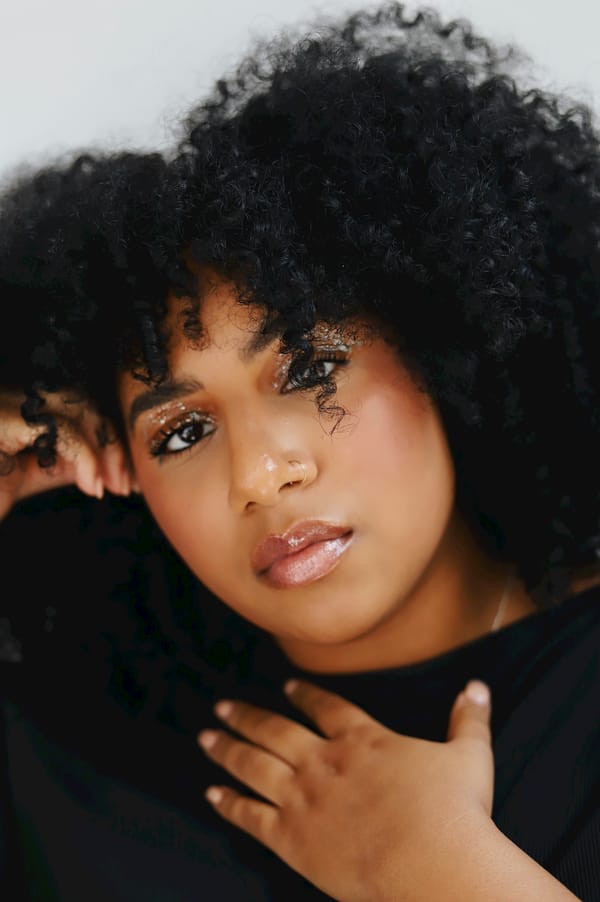Remember when you had to watch your words when talking to a white person, though they could say anything to you, or call you anything? I do! And certainly, calling them racist or even calling out racism could end up with you being in a world of hurt. In fact, getting caught saying the wrong thing to the wrong person, or in the wrong place at the wrong time, could make for consequences that could be life threatening. Some people just disappeared. Why, Fred Hampton was drugged and murdered by the FBI and Chicago police my sophomore year in college, 1969. There were few, if any, protests. Or headlines!
Fear was commonplace. Like ice, uncaringly cold. Its presence requiring hyper-vigilance in those not insulated from racism’s pervasiveness. Church bombings; rocks hurled at school buses filled with children; “colored only” denied to the wealthy, the talented, the poor. The need to be on guard so prevalent that the Black community had a kind of code of conduct for surviving and thriving in the “white” world.
Angela Davis was freed a month after I graduated, 1972. Many around the world had protested her incarceration. One could see the corner would soon be turned. Just not quickly enough!
On Guard
A neighbor would often come sit on our porch after dinner. He and my father would talk, and sometimes smoke cigars. Mr. White would roll his own cigarettes if daddy had none of his favorite Roi Tan’s on hand. Or just didn’t want to share. Sometimes, they’d let me sit with them. Mostly they’d talk about sports. Sometimes it was neighborhood gossip. It didn’t matter to me. I was maybe twelve or thirteen! Back then kids didn’t talk. Even when asked a question, you kept your reply short, factual, and most importantly you never got too comfortable. You didn’t belong in grown folks’ business.
One night Mr. White let the word “nigger” rumble out of his mouth without hesitation or remorse. He kept talking as if he was sitting around the campfire with a few of his closest Klan friends. Oblivious, and still talking, Mr. White only paused when he heard my father say, “Go in the house, Wayne!” The firmness in my father’s soft voice, unmistakable.
Daddy never talked about what happened. I remember being relieved when he came into the house. Mr. White, a tall, angular man, would’ve taken daddy easily, I thought. My dad’s injuries from the mine left a pinched nerve in his back, making a cane necessary. Black lung disease often made his breathing laborious. He could no longer work. His strength was waning. And Mr. White was true to his name, white. Even if daddy did beat him, daddy would’ve gone to jail. Or worse! Mr. White didn’t come over much after that. In my wishful mind the man who used to see himself as “Rock” Henry had had his say. And Mr. White had made his choice.
Radicalization — Almost!
Yes, Dr. Martin Luther King Jr., Justice Thurgood Marshall, Congressman John Lewis, Rosa Parks, and more were drum majors for social justice. The folks who brought the fire, though, were my generation’s influencers. We idolized, read, and listened to, Angela Davis, Huey Newton, Bobby Seale, Eldridge Cleaver, Dr. Ben, Cheik Anta Diop, Ivan Van Sertima, John Hope Franklin, and others. Medgar, Malcolm, and Che were our martyrs. They made the consequences of action and inaction real.
By the time I headed to Europe in the summer of 1977, I was seeking balance. Strength! Direction! Paris, however, was like jumping into the deep end of a cultural well. Amsterdam, I decided, would be more my speed. On the train to get there, I hooked up with a group of fellow nomads, around my age. A guy from Spain, two women from Finland, and a couple of Canadians. They were headed to a music festival just outside Amsterdam and invited me to come along. They shared food, wine, and stories. It was the party for which I was more than ready.
The music was mostly folk. It didn’t matter much. I was feeling being outside of the States, learning and being with people who seemed to relate more to me than my skin color. Then, my bubble burst. A flutist with one of the bands, from Alabama it turned out, comes over. A fellow American, “nice,” I thought. Well, it didn’t take long for his friendliness to lean into his hate. Jungle bunny, spear chucker, nigger pelted my face venomously.
Fight or flight was not new to me! It’s a dilemma many African Americans face daily. Others looked on, a bit in dismay. Such was not the world in which they’d grown and lived, a few confided afterward. The woman he was with tried to contain him. He was not to be derailed, however. My reply was as I imagined my father’s to have been. Softly and firmly I said, loud enough for anyone close to hear, “If you continue being a racist asshole, I’ll find a place away far from where the police will intervene (I had no desire to end up in a Dutch jail) and I’ll make sure you never play the flute again.”
Had I a smart phone back then….
As racist behaviors, racism and the derogatory seem to again be on the rise; thankfully there’s now a response other than fight or flight. Smart phones and social media makes resistance and activism easier. Retaliation, also! These days it’s more difficult for white people to have their racist say, commit violent racist acts and do other vile racist things, without retribution.
Social media and smart phones with cameras
Feidin Santana made it possible for us to know that the officer who shot Walter Scott in the back lied when he said Scott grabbed his stun gun. Darnella Frazier stopped officer Chauvin and his cronies from skirting convictions in George Floyd’s murder. Unlike the four New York City cops who murdered Amadou Diallo, shooting at him forty-three times, hitting him nineteen, for trying to get into his own house. And, though justice was not Attorney Alan Tucker’s intent, after radio station WGIG aired the video he’d given them of Ahmaud Arbery’s murder, the online uproar was so fast and furious that the “get out of jail free” card the local prosecutor had given Travis and Gregory McMichael and William Bryant could no longer shield them.
There’s an increased diversity of people standing against racism
From small groups of ten to twenty, to hundreds of thousands, people world-wide held vigils and marched protesting George Floyd’s murder and racial violence in general. “I Can’t Breathe” becoming a universal rallying cry.
Millions saw an African American woman being groped by an Indianapolis police office during a protest there — and then brutally beaten with batons by him and other officers for breaking free. Her white friend could be heard shouting, “Why her? Why her?
Likewise, millions saw the seventy-five-year-old protester, white, being shoved to the pavement by two Buffalo police. His bleeding skull fractured, rendering him unable to walk. According to others he was attempting to give officers water.
Al fin!
Accusations of racism, racial violence, and abuse have always had to be defined, and okayed, by the dominant class. Being able to call out racists and racism is relatively new. Kens and Karens caught on tape! Police body cams, documenting brutality and murder! Smart phones and social media are becoming guard rails, platforms, giving those who are hurt or maimed — and the families of those murdered — the ability to “define and defend” on their own terms.
That’s an ability most of us who’ve been on this four-hundred-year journey from our homelands have not had. A place we now stand made possible by the service and ultimate sacrifice of many who advanced God’s Grace to a humanity that still deserves not what they gave.


